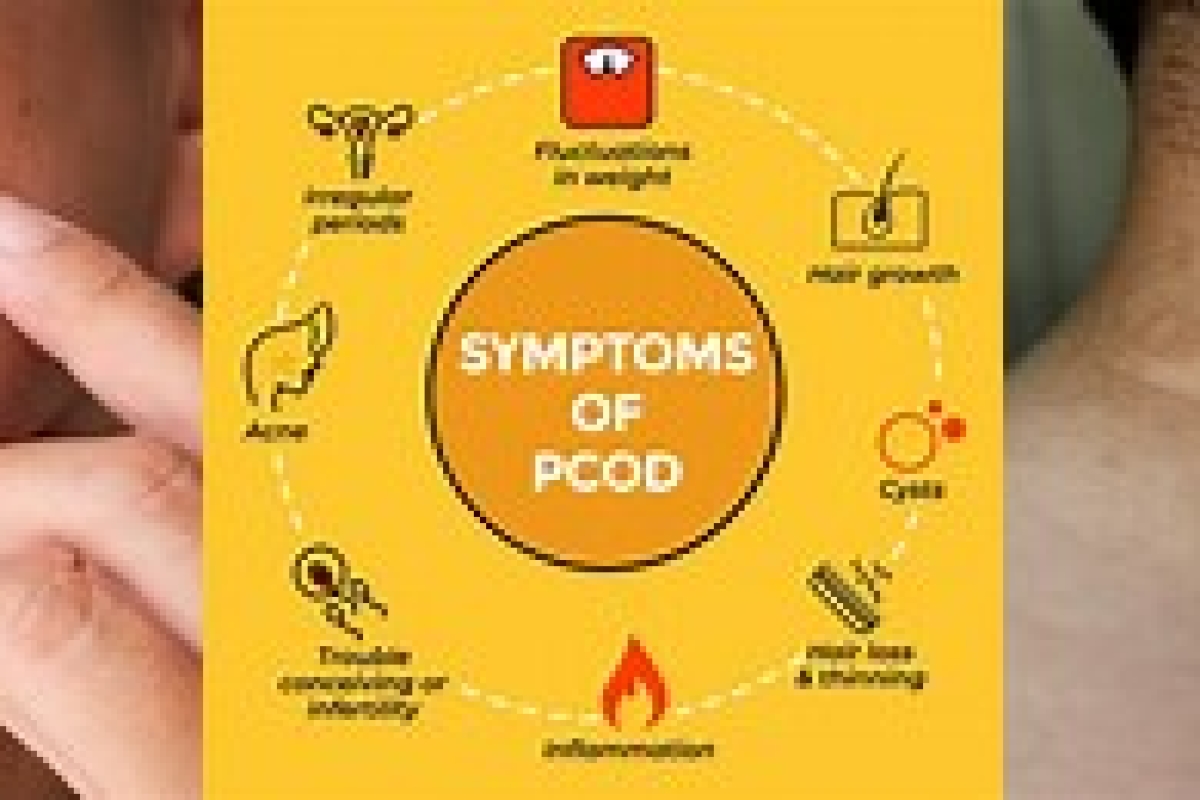Recent studies suggest that the diabetes drug metformin may decrease the likelihood of developing certain types of blood cancers.

Medical researchers have discovered that the diabetes medication metformin can diminish the risk of developing a group of blood cancers, according to a recent study conducted in Denmark. Specifically, individuals who used metformin were found to have a significantly lower risk of developing myeloproliferative neoplasms (MPNs), a condition characterized by excessive production of red blood cells, certain white blood cells, or platelets in the bone marrow.
The study also revealed a dose-response relationship, indicating that the risk of developing MPNs decreased with longer duration of metformin use. These findings were published in the journal Blood Advances by the American Society of Hematology.
Daniel T. Kristensen, the lead author of the study and a researcher at Aalborg University Hospital in Denmark, expressed surprise at the strength of the association observed in the data. He noted that the strongest effect was observed in individuals who had been taking metformin for more than five years compared to those who had used it for less than a year.
MPNs encompass a range of rare cancers involving red blood cells, platelets, or certain types of white blood cells, such as eosinophils and neutrophils. These disorders can lead to symptoms like anaemia, infections, bleeding problems, and fatigue.
The researchers compared metformin usage among patients diagnosed with MPNs to individuals from the general population between 2010 and 2018. Among the 3,816 MPN patients included in the study, 268 had used metformin, compared to 1,573 individuals (8.2 per cent) from the general population.

.jpeg)


.jpg)


.jpeg)
.jpeg)

.jpeg)











